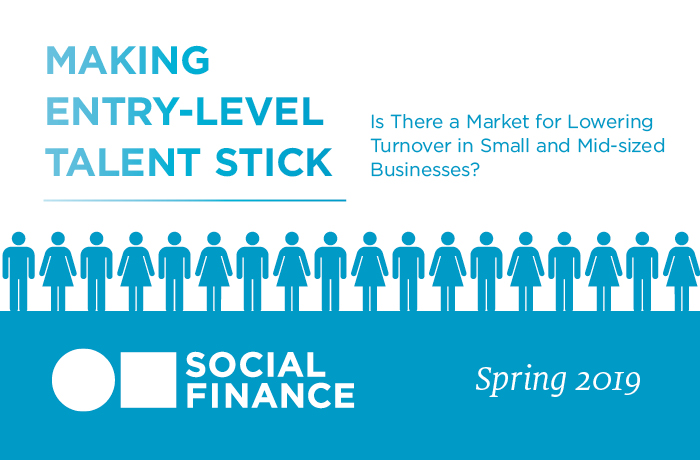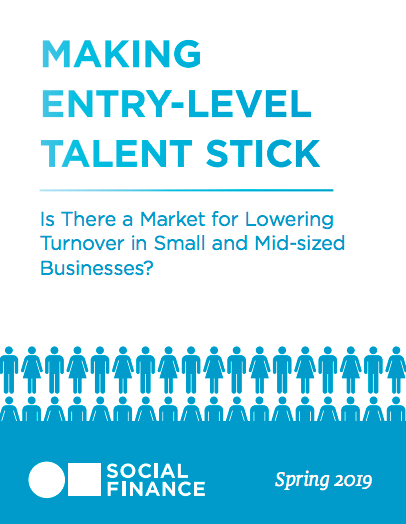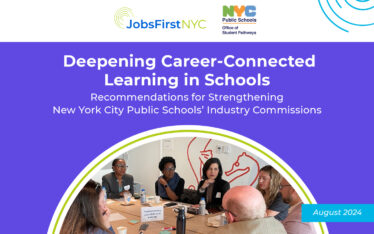Social Finance | by ANDREW BABBITT & JAKE SEGAL
It’s being reordered by globalization and revolutionized by the reach and scope of technology. As the economy has evolved, businesses and HR departments have risen to the challenge by becoming more sophisticated, their management more data-driven and scientific.
Yet there are surprising holes in our knowledge of how workers operate within the workforce. The skills that define the future of work are a moving target.Training and education programs remain hugely variable in quality and longterm impact, operating with little accountability for workforce outcomes. In the face of systemic disinvestment by institutions and by governments in workforce preparation, a weakened social safety net, and fading mobility, we sometimes lack answers to even the simple questions.
Last year, a partnership in New York City—including the NYC Center for Youth Employment, JobsFirstNYC, and Social Finance, with funding from the Rockefeller Foundation and The Pinkerton Foundation—set out to answer one of those simple questions. We had heard, through years of experience supporting the workforce development system, that turnover was a critical issue for businesses. So we asked: what’s the real cost of turnover to employers?





